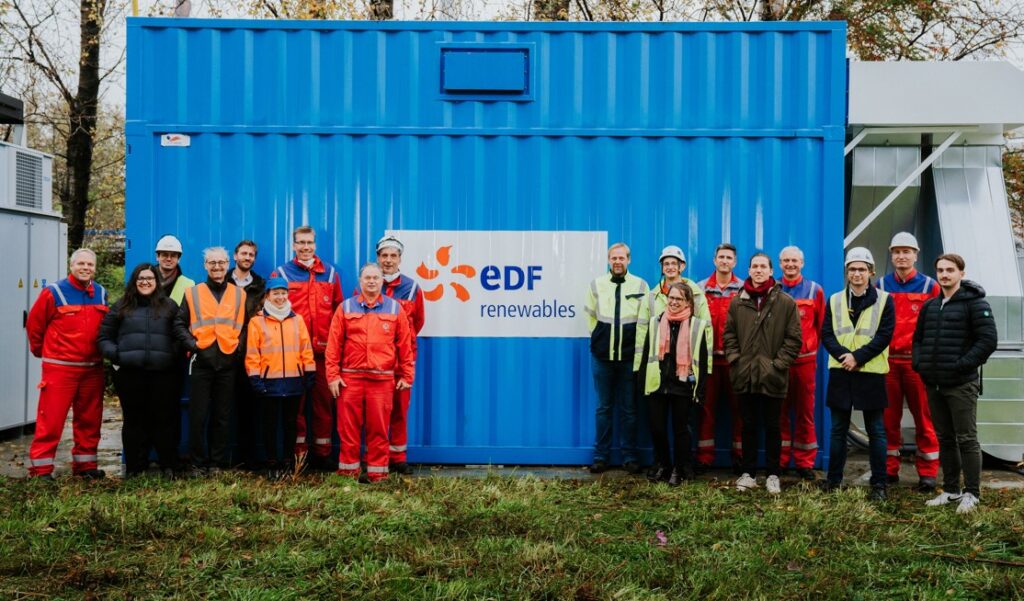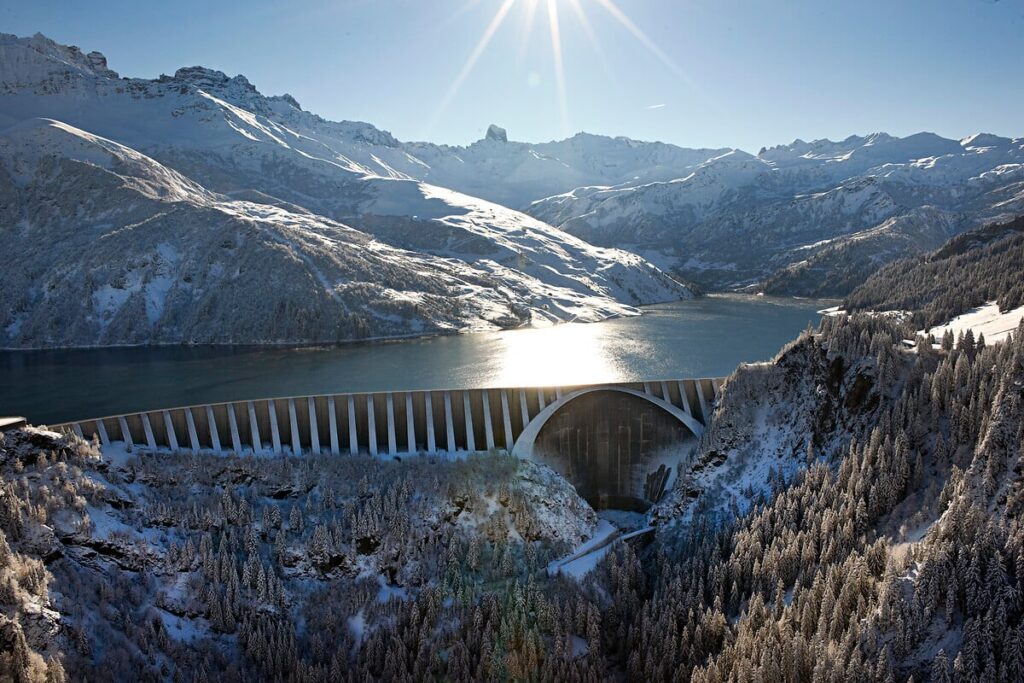- Get to know us better
Better us
to knowIn more than 20 countries, we are developing responsible renewable projects to support the energy transition. - Your needs
Your
needsWhatever your profile, EDF Renewables is there to respond to your low-carbon energy projects.Your profile
- Our solutions
- At the heart of the territories
In the heart
territoriesFind out how EDF Renewables supports territories in their energy transition. - Careers
Space
careersOur jobs are exciting, diverse, and focused on a major objective: accelerating the energy transition!

